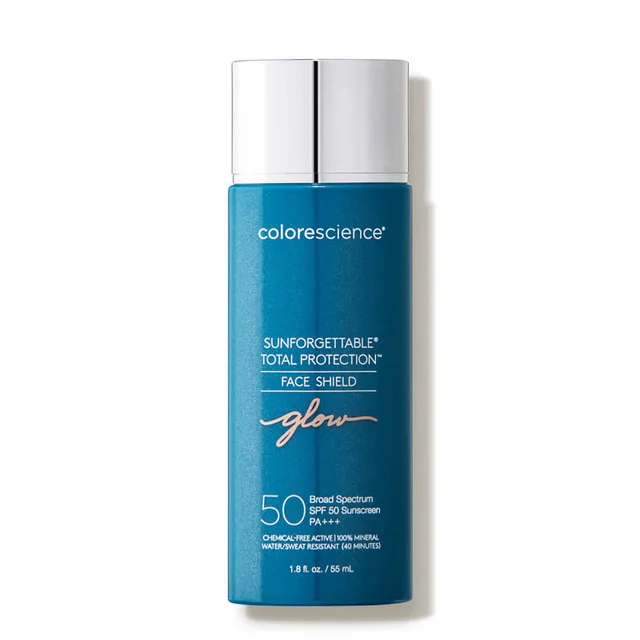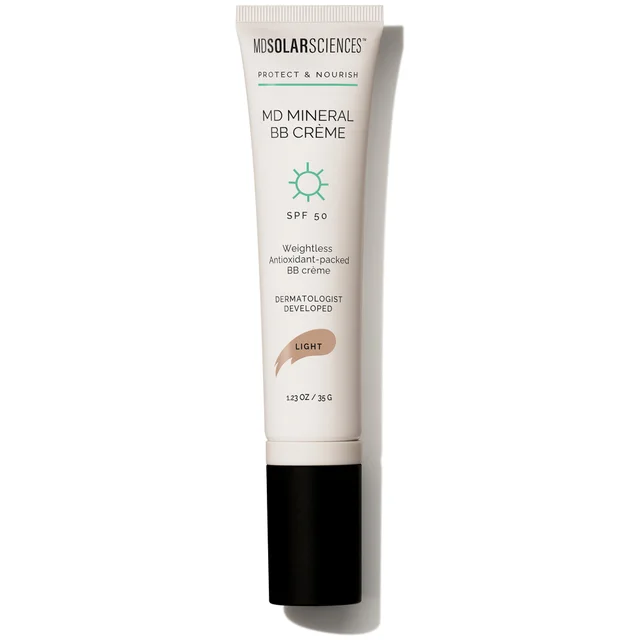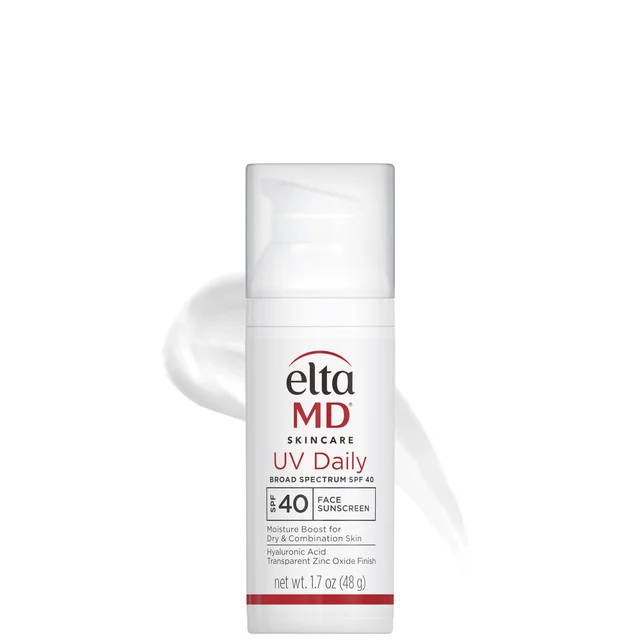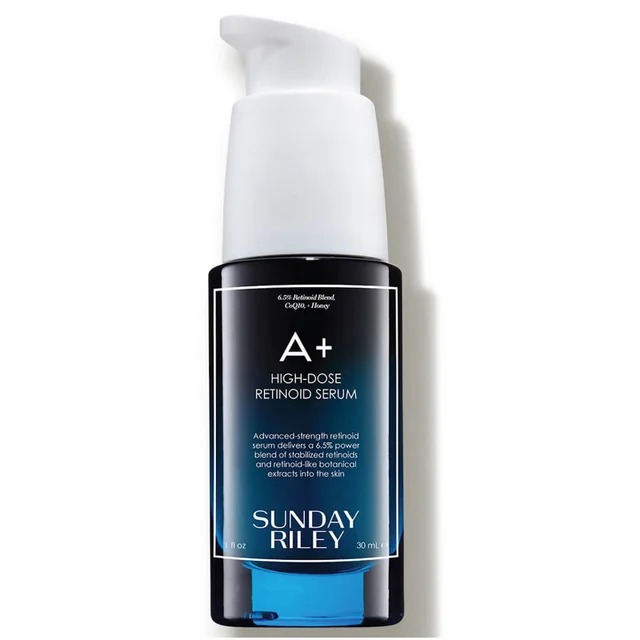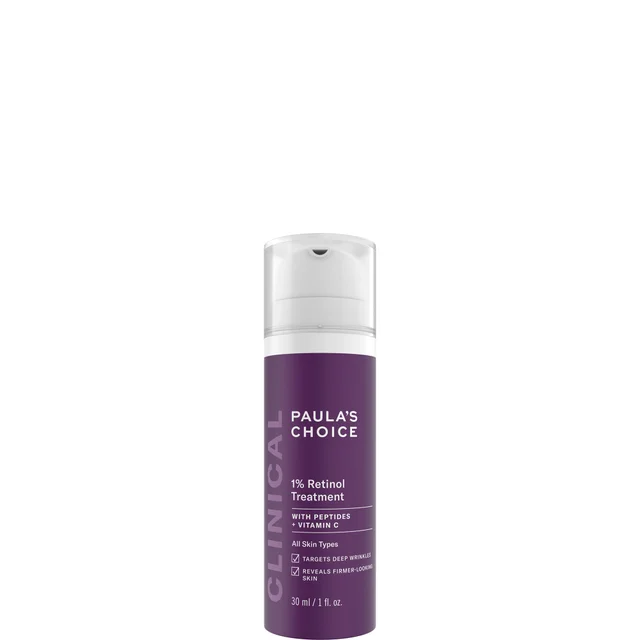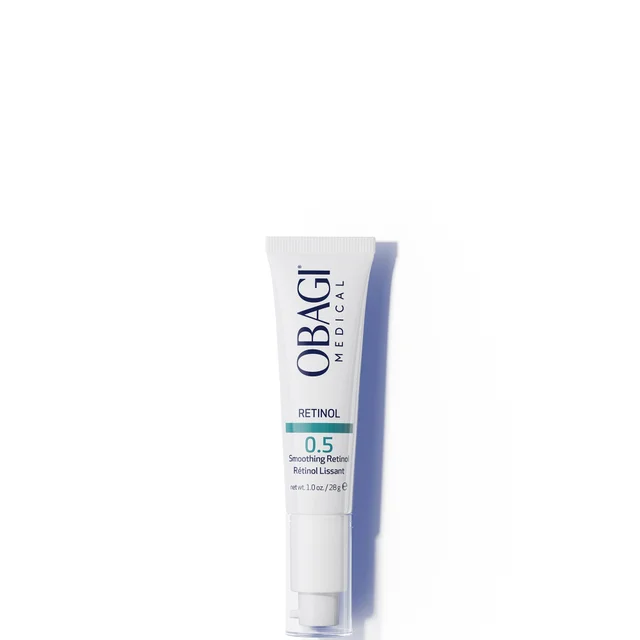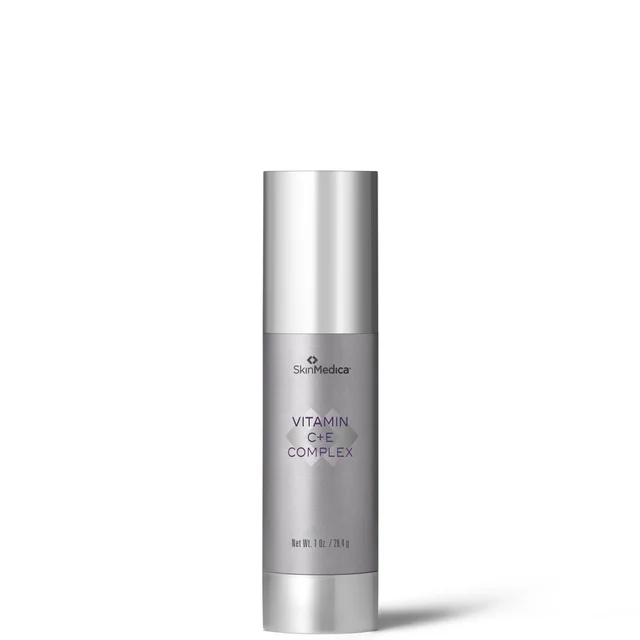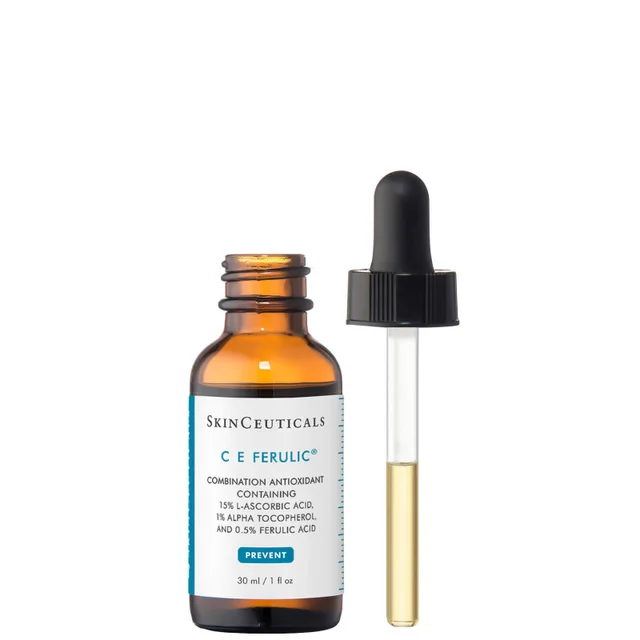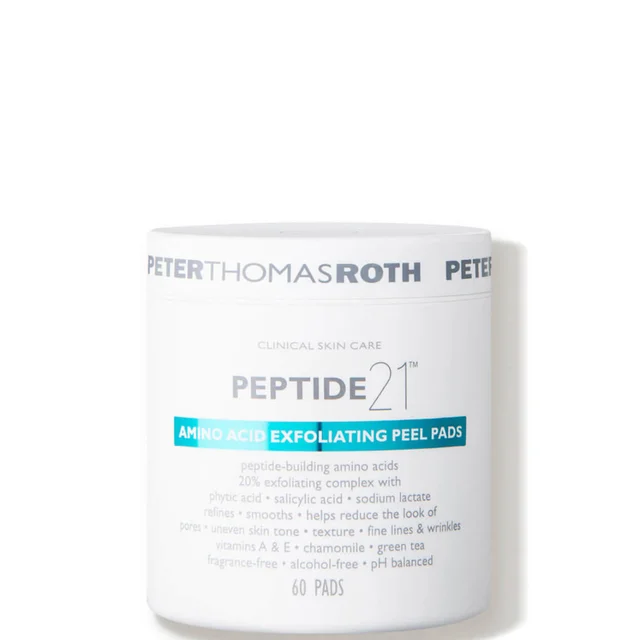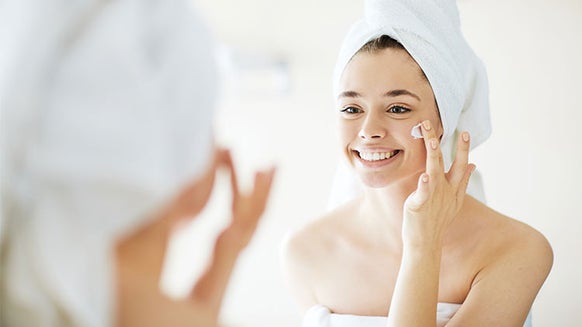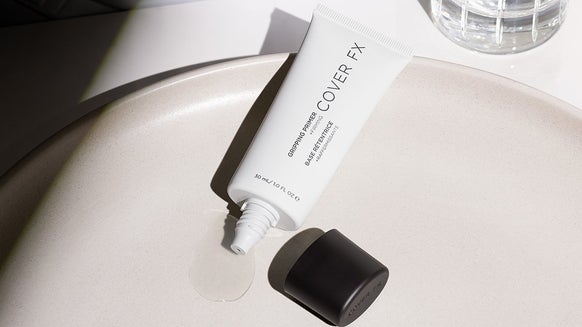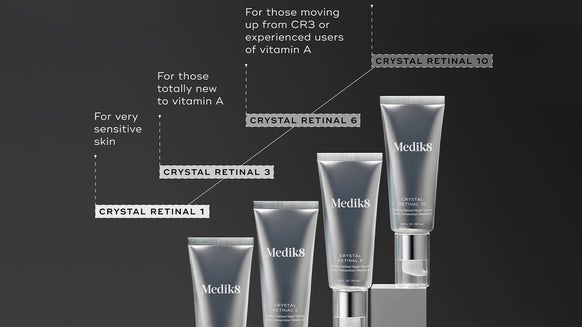How a Simple Skin Care Routine Can Boost Your Confidence
When we look good, we feel good. When we feel good, we look good. It is undeniable that there is a mind-body connection.
Consider how you feel when you work out, meditate or practice gratitude. You likely feel happier, lighter and more at ease, which naturally translates into presenting yourself in a more attractive, confident way.
In fact, scientific research tells us that meditation and other self-care practices not only reduce stress, thus making you appear more at peace—and less affected by those troublesome worry lines—but can also slow the aging process by decreasing the inflammation caused by stress hormones and increasing the replication of healthy cells.
Why, then, do we applaud those who exercise and practice mindfulness, but seemingly judge those who actively care for the health of their skin, which includes taking steps to reduce signs of aging and improve appearance?
Shed Your Skin Care Shame
The truth is, each of these activities plays an important role in your overall health and wellness. So, I encourage you to let go of any shame you may have about caring about your appearance. Be unapologetic about the products you use, the daily routines you have in place and the procedures your board-certified dermatologist may perform.
Why? Because the goal has never been to change the way you look. The goal is to determine which skin care products and treatments might enhance your individual beauty by treating the issues that concern you.
These can include the lines on your forehead that make you look angry when you’re actually quite happy, dark circles that make you look tired when you’re feeling alert or broken blood vessels or sagging skin that make you look years older than you feel on the inside. Whatever the concerns you’d like to address, you can partner with your dermatologist to develop a long-term plan to keep you looking your very best—like yourself, but you after a very good nap, an excellent day with the ones you love, or even you minus a few years.
What’s more, in treating some of the appearance issues that might negatively be affecting your confidence, you are also setting yourself up for success in other areas of life. Research has shown that a positive self-image can lead to less anxiety, increased motivation, improved relationships and professional success.
Dermatology Simplified
This seems like a lot to expect of a skin care routine— healthy skin, improved appearance, boosted confidence and more. But it’s actually quite simple. Indeed, it’s what I call “dermatology simplified.”
A simple routine is better because you can—and will—actually follow it, making it far more likely you’ll get the results you’re seeking. The beauty trends that demand you perform 10 to 20 steps and wait lengthy times between each step are not realistic for most people. This is especially true for those who are caregivers, have professional careers, are athletes, partners and friends—or, like many people, perform all these roles.
Less is always more for skin. And so, I recommend my holy trinity of simple skin care: sunscreen, retinoid and an antioxidant.
Sunscreen
Hands down, sunscreen is your best anti-aging treatment. UVA and UVB rays from the sun cause discolored, sagging and dull skin. Most important, overexposure to the sun’s damaging rays can cause the mutation of your DNA and lead to skin cancer, including the most deadly form of skin cancer, melanoma.
Sunscreen should be broad-spectrum, with an SPF 30 or higher, and contain zinc and titanium dioxide, found in physical (also called mineral) sunscreens. Unlike chemical sunscreens, which absorb light, physical sunscreens reflect light. They also begin to work immediately upon application and protect against a broader spectrum of rays, including the blue light rays from the screens in your electronics.
Our picks:
Retinoids
Retinoids are the next best way to combat and treat aging. They help build collagen and elastin, which are the building blocks of our skin.
The key to the use of retinoids is to “go low and slow.” A pea-sized amount is enough for the whole face and should initially be applied one to two times per week, followed by moisturizer. Over the next couple of months, increase the frequency to three or four times per week and you can build up to nightly application if your skin is responding well. Over-the-counter options (such as adapalene) are a good place to start, and you can work up to prescription options (such as tretinoin or tazarotene) under the direction of your dermatologist.
Our picks:
Antioxidants
Antioxidants protect against free radical damage. Just the way you eat blueberries or kale with vitamin C, vitamin E and carotene to protect your internal cells from free radicals, which may play a role in heart disease, cancer and other diseases, there are antioxidants—including vitamin C, vitamin A (retinol) and vitamin E—for your skin. Talk to your dermatologist about which may be best for you and use them during the day when you are exposed to pollution and sun.
Our picks:
Your simple skin care routine should look like this:
Morning
- Gentle wash
- A few drops of antioxidant
- Moisturizer
- Sunscreen
- Makeup, if desired
Evening
- Gentle wash
- A pea-sized amount of retinoid (building from one or two nights a week, as tolerated)
- Moisturizer
Weekly/Monthly
- Chemical exfoliator (one to three times a week if over 40 years old or two to three times a month if under 40)
Our picks:
It’s important to remember that it takes at least six weeks of maintaining an effective skin care routine to see results. Immediate gratification is never the answer for anything that truly works.
Furthermore, the goal is never to achieve perfection. Perfection is unattainable and, in my opinion, boring. It’s the journey of self-improvement—both on the inside and the outside—that is important. Self-care—with a touch of simple skin care—is an excellent path to take toward improved appearance, increased confidence and the benefits that accompany both.

From the latest hair and makeup trends to the best solutions for your skin issues, we've got all your beauty concerns covered!
